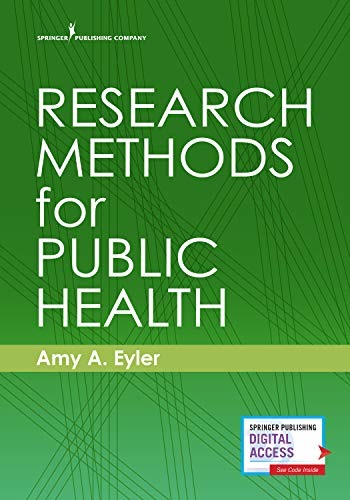This book presents information on research methods in a way that is complementary to other public health coursework. Epidemiology digs deep into specific methods for identifying distribution and determinants of health issues. An understanding of basic research methods serves as a foundation for mastery of epidemiology. Biostatistics is another component of public health preparation. The basic statistical concepts covered in research methods can supplement more advanced learning. In addition, skills such as efficiently reading and understanding research articles come in handy for many classes in undergraduate and graduate study.
The book is unique in many ways. First, each chapter aligns with the Council on Education for Public Health (CEPH) Master of Public Health Competencies. These competencies were recently revised, and accredited programs have to demonstrate how their courses prepare students to meet them. New to the competencies are skills such as budgeting and emphasis is placed on translating evidence and communicating public health information. For many public health professionals, these skills are lacking. Another unique feature of the book is its broad coverage of qualitative research.
The updated CEPH competencies also require students to have qualitative (as well as quantitative) skills. Three chapters are dedicated to qualitative study design, data collection, and analysis. Even though the topic of each chapter could fill an entire book, the material presented is thorough, yet concise. Each chapter provides enough information for students to confidently plan and conduct a basic research project, often a requirement of research methods courses. Additional resources and examples are provided throughout the book to help guide students through their own research exploration. The chapters also include ancillary information and examples relevant to each topic.
